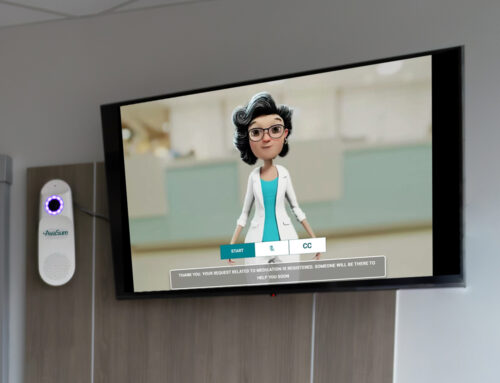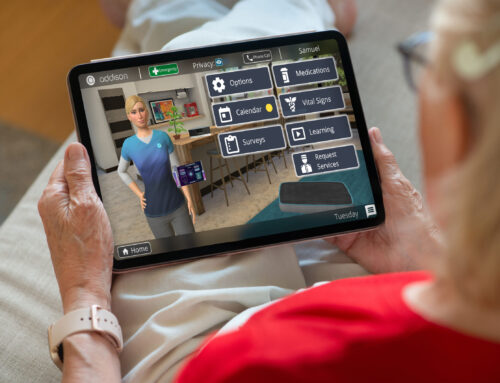By Harry Glorikian, General Partner at Scientia Ventures and CEO at Transparency Life Sciences
The rise of COVID19 has resulted in an unprecedented paradigm shift in all areas of work and life. As vaccine trials continue to progress, many are starting to ask the question: what will the future of clinical trials look like? Society continues to steer away from more crowded, indoor spaces and in-person events, and it instead turns to technology and remote access to meet both personal and professional needs. This trend is unlikely to change, as many individuals are finding that remote access, be it professional, medical, or personal, offers unprecedented convenience and safety.
The use of telemedicine was already growing pre-pandemic, and this has since exploded with the implementation of social distancing. Patients are far more comfortable being able to interact virtually with providers from the safety and comfort of their own home, and doing so also reduces the risk for clinicians. This also limits overall patient exposure as well, as waiting room volume is restricted to only patients who require in-person care. As new clinical trials are developed, researchers must consider necessary changes to protocols and design to meet these new types of needs and demands.
One of the best new tools available is, unsurprisingly, virtual. Taking advantage of remote access technology, numerous virtual platforms have been developed for building clinical trials and developing protocols while not requiring in-person contact. The platforms have huge advantages, and can often be used throughout the timeline of the trial. Crowdsourcing capabilities can be used for collating a diverse and ideal patient cohort, and can involve patients and caregivers who otherwise might not have had knowledge of or access to the trial. It can also be used to share information and receive feedback from patients and caregivers. This input throughout the clinical trial process is critical, often saving vast amounts of time and money by avoiding costly revisions and increasing patient retention.
Often traditional trials struggle to adequately consider patient burden, which can be physical, financial, travel-related, and so on. Engaging in open communication throughout protocol development and implementation ensures that patient needs are properly considered, resulting in better and more consistent trial results. Telemedicine can be implemented in the context of clinical trials as well. Clinicians can meet with patients while not requiring any travel or in-person contact, a system that is of particular use throughout the trial for monitoring patients and collecting data. If the platform offers survey and data collection tools, robust trials can be carried out while limiting in-person exposure for clinicians and patients alike.
It is clear that the industry must consider the changes occurring in the way society functions, and clinical trials are no exception. Moving forward, remote access tools will be key to cutting costs, improving trial outcomes, and engaging directly with patients and caregivers; this open flow of information between patients and clinicians will be critical as the industry transitions into this new era.
About the Author: Harry Glorikian is an influential global business expert with more than three decades of experience building successful ventures worldwide. He is well known for his achievements in life sciences, healthcare, diagnostics, healthcare IT, and the convergence of these areas. Before joining Scientia Ventures, he served as an Entrepreneur-In-Residence to GE Ventures – New Business Creation Group, leading to the founding of Evidation Health and DrawBridge Health.












